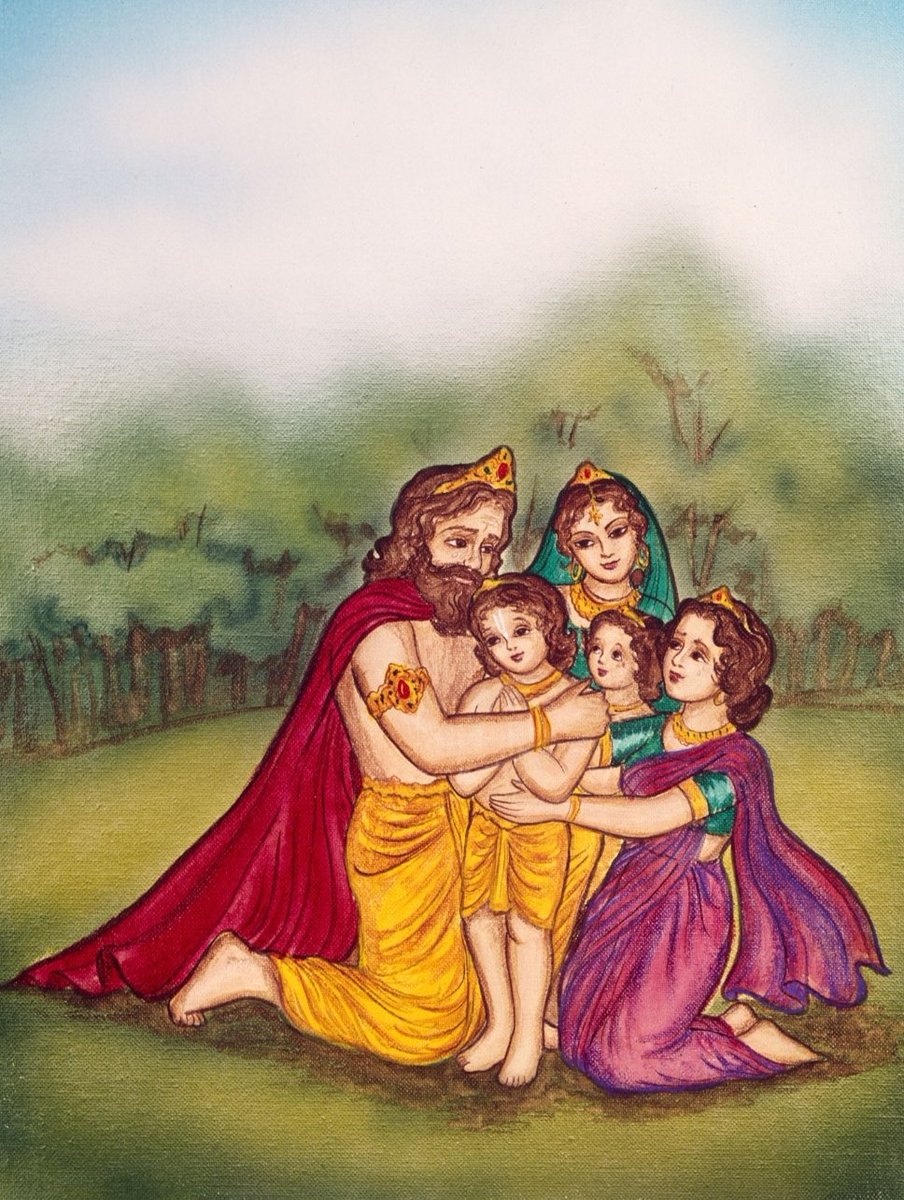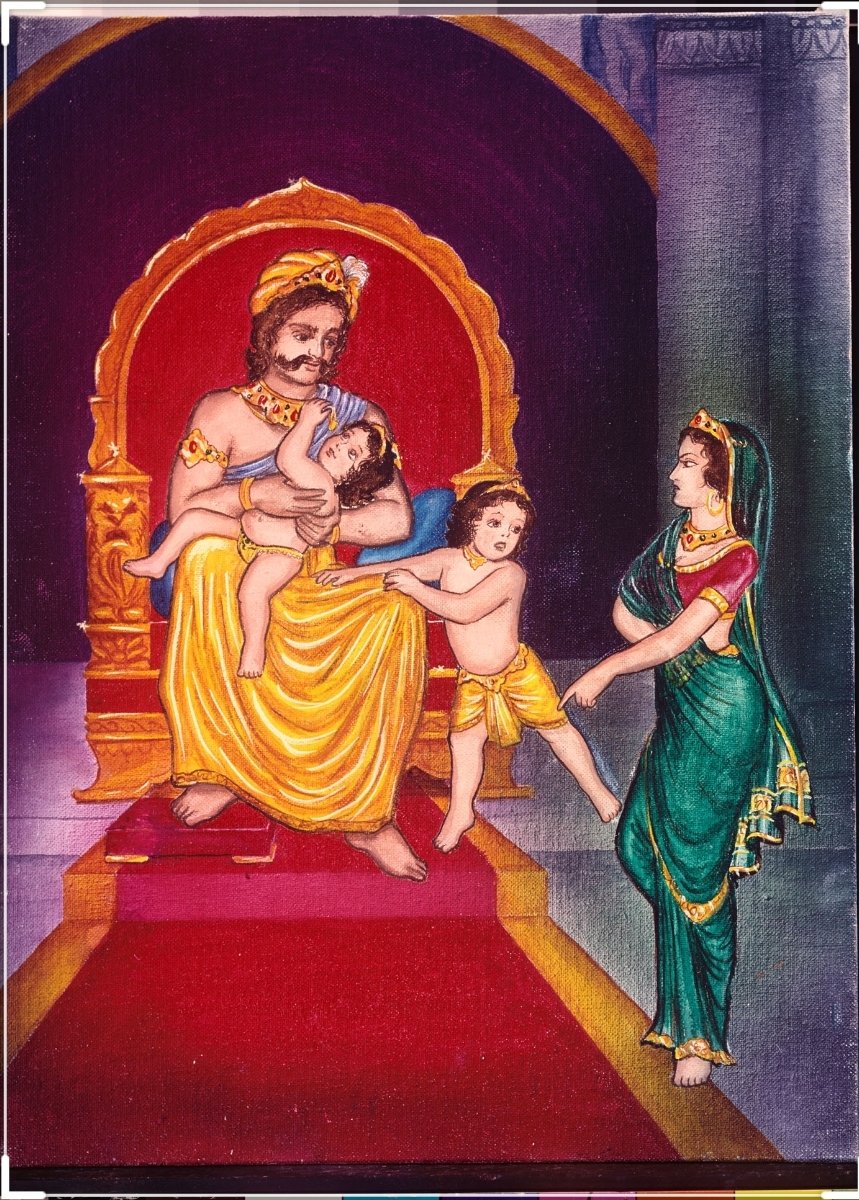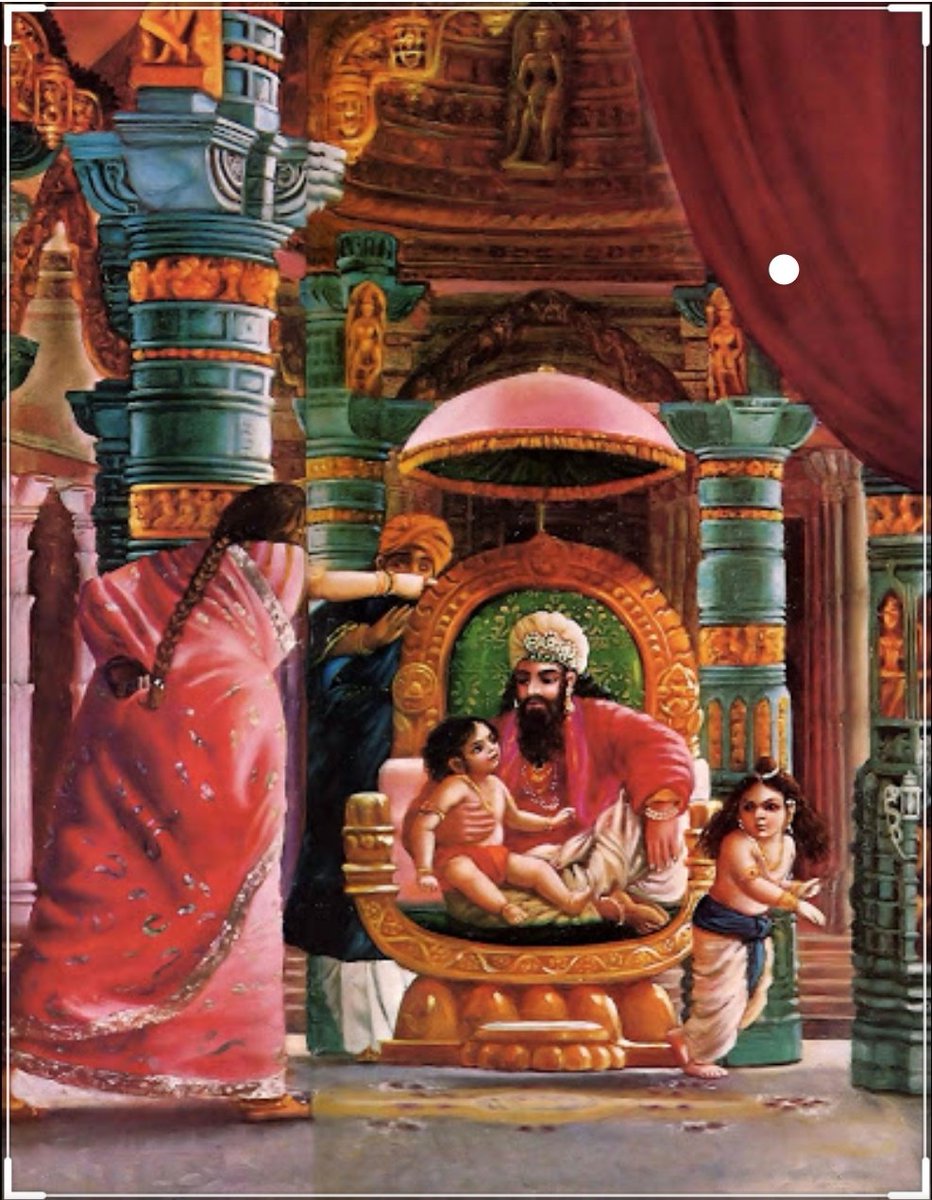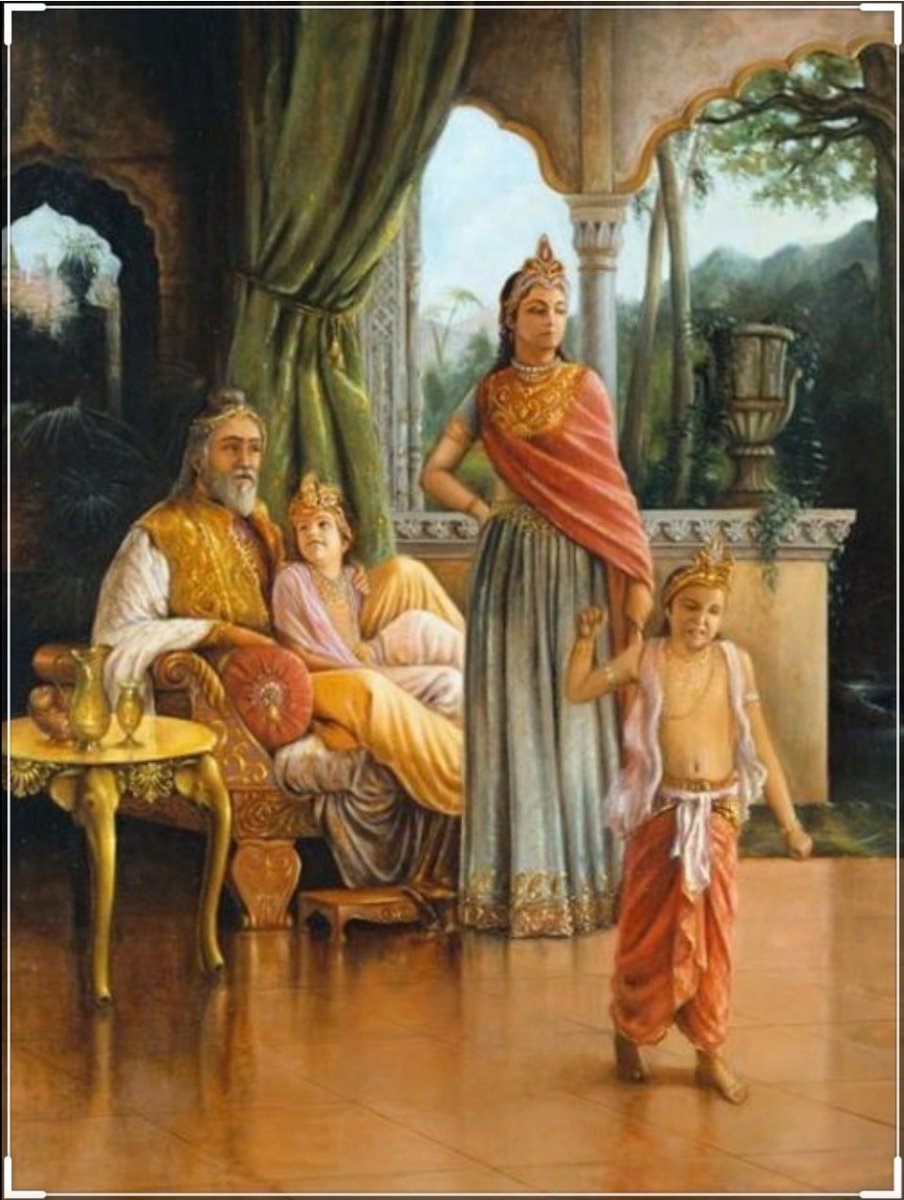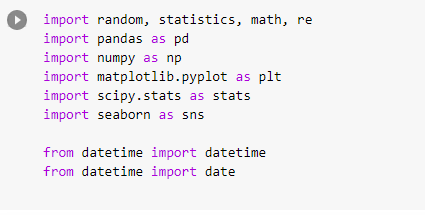1)First is the sin committed by your mental state-
Thinking about woman other then your spouse.
A)Resolution to amass wealth from others.
B)Thinking ill about others.
C)Thinking of doing a forbidden or unworthy deed.
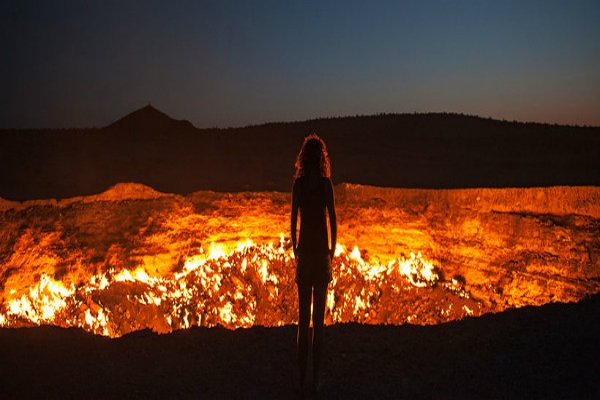
Thread on NARK(HELL) / \u0928\u0930\u094d\u0915
— Anshul Pandey (@Anshulspiritual) August 11, 2020
Well today i will take you to a journey where nobody wants to go i.e Nark. Hence beware of doing Adharma/Evil things. There are various mentions in Puranas about Nark, But my Thread is only as per Bhagwat puran(SS attached in below Thread)
1/8 pic.twitter.com/raHYWtB53Q
#THREAD
— Anshul Pandey (@Anshulspiritual) September 9, 2020
HOW LUCKY YOU ARE TO GET THIS HUMAN BIRTH/\u092e\u0928\u0941\u0937\u094d\u092f \u091c\u0928\u094d\u092e
FOLLOW THE PATH OF DHARMA FOR A LIFE ATTAINED AFTER EIGHTY FOUR LAKHS YONI(Birth)! MOVE TOWARDS MOKSHA.
You need to be first thankful to Parmatma to give this Human birth to attain Moksha. pic.twitter.com/y0H02DuQTr
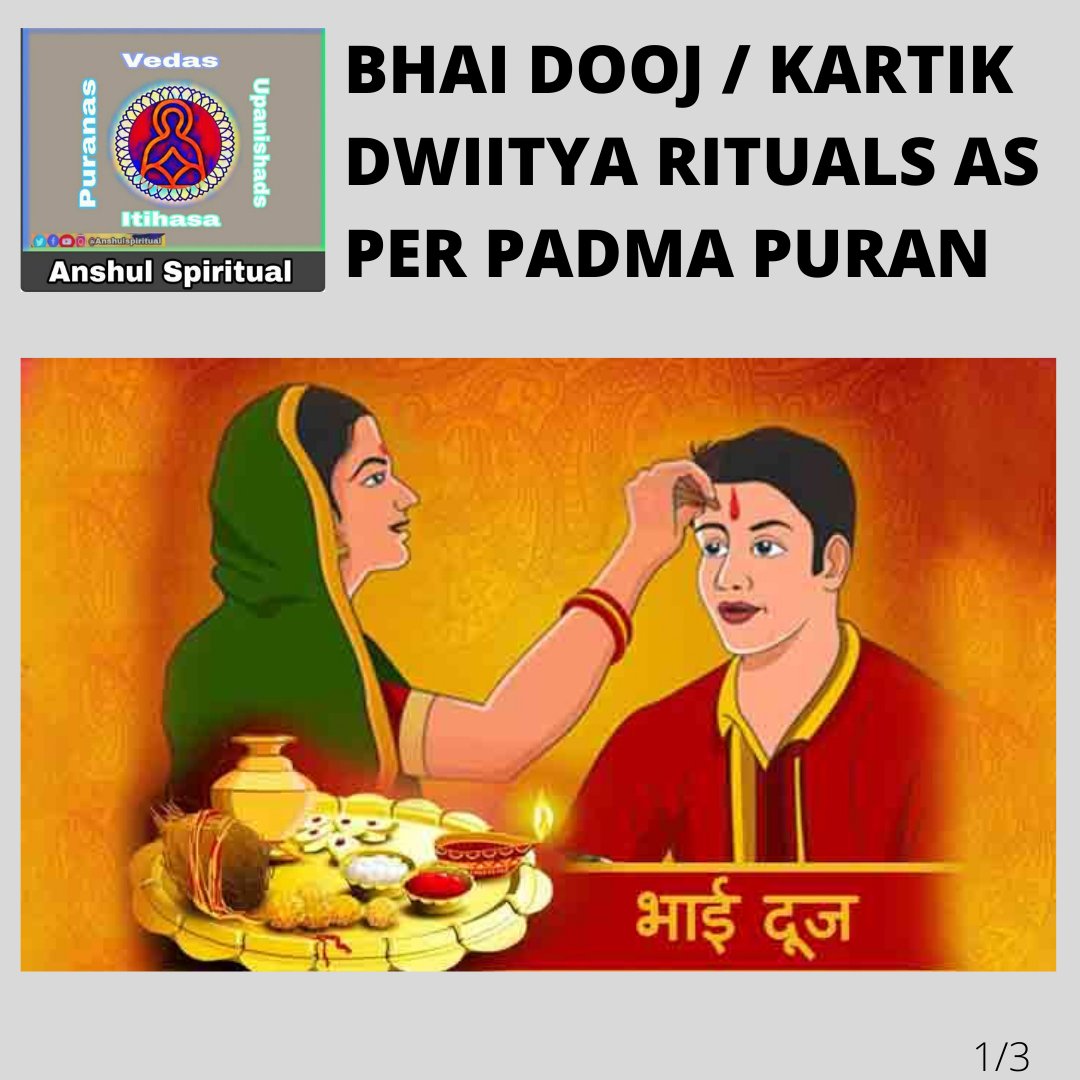
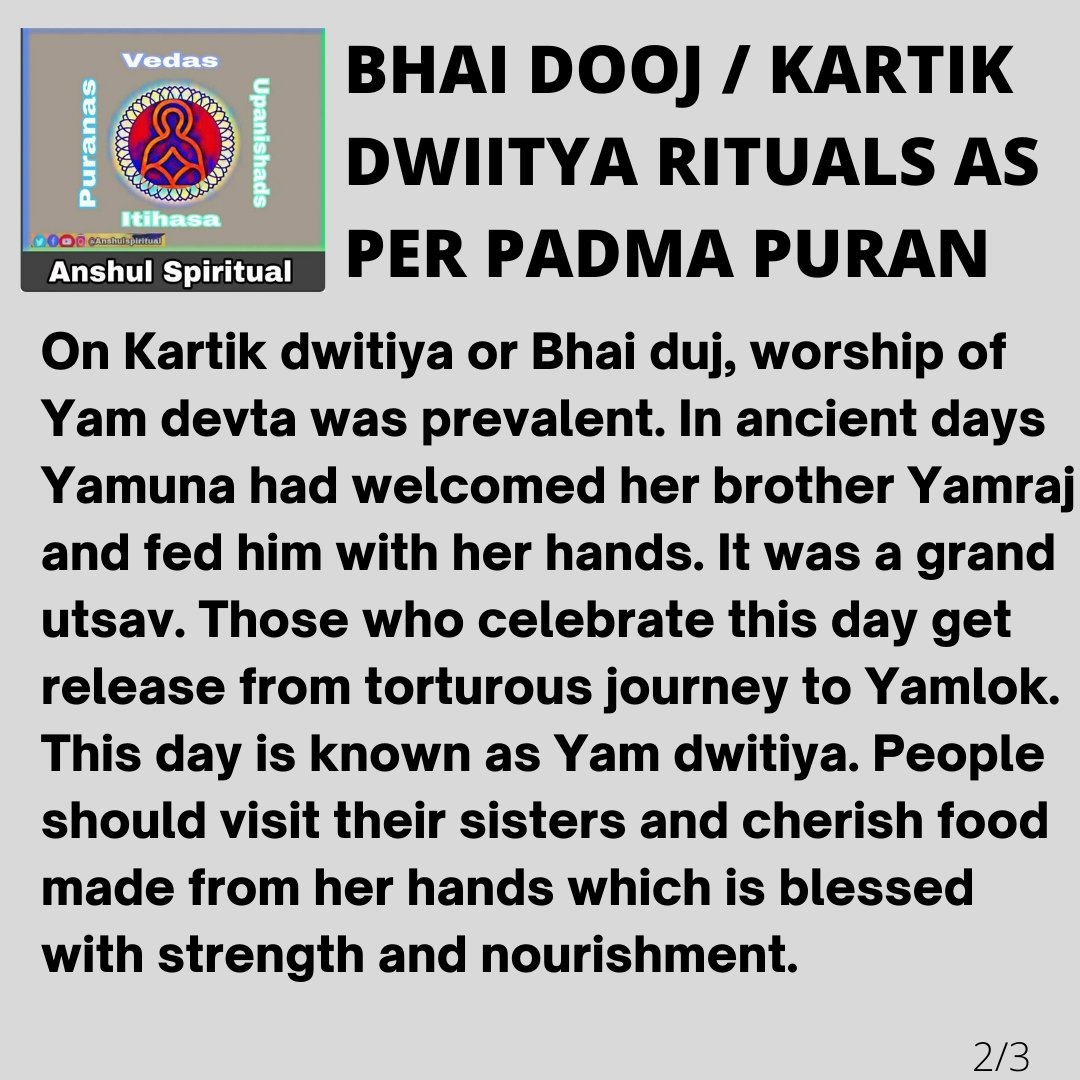
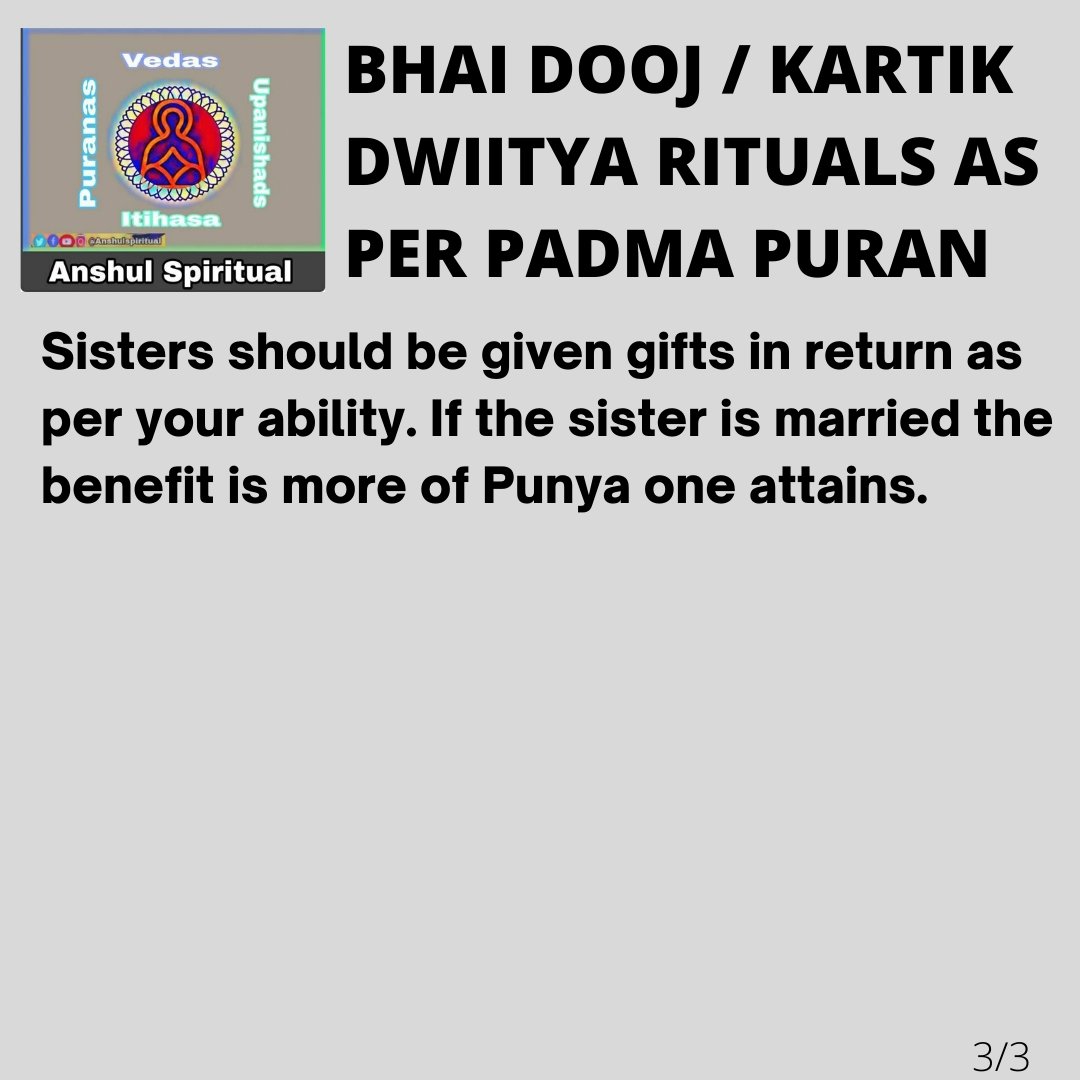
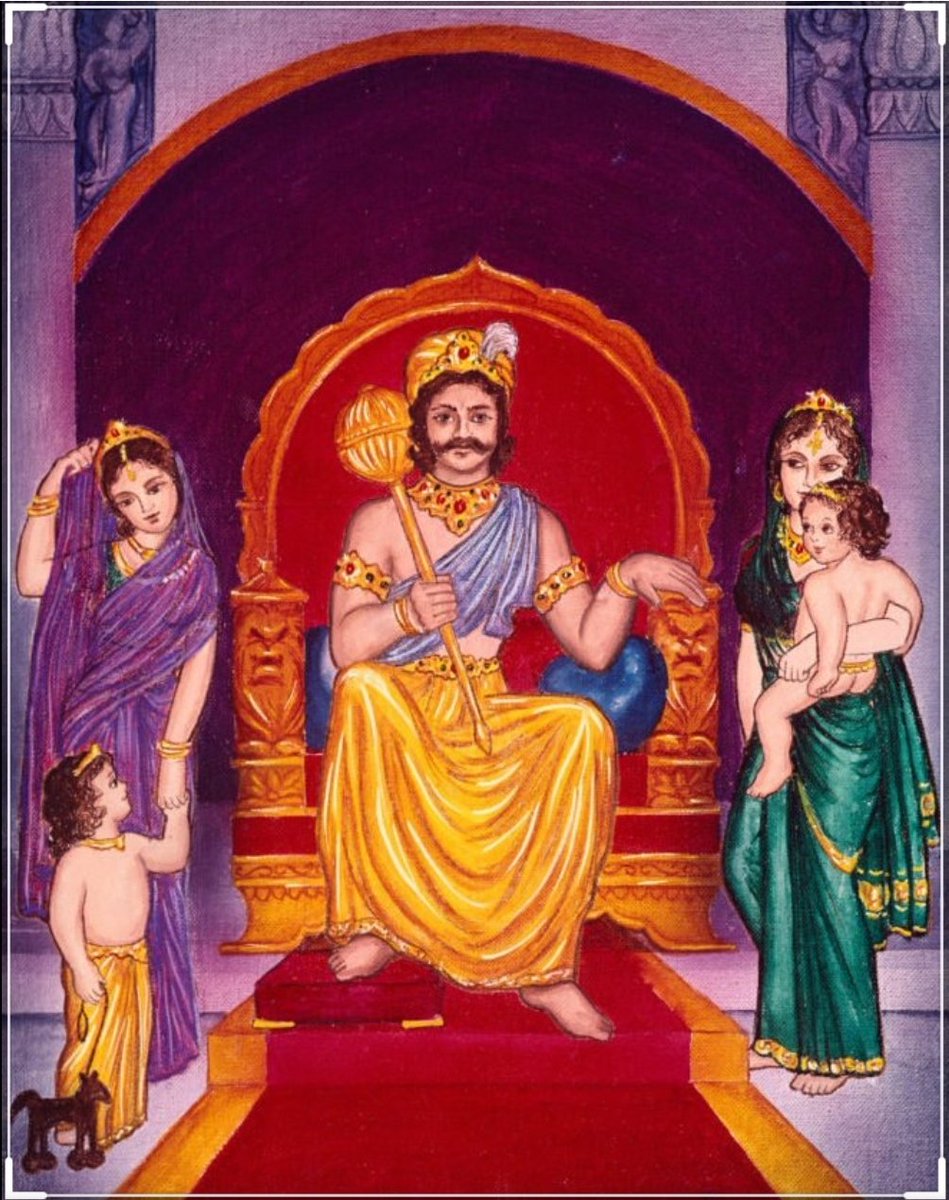
Prabhu says i reside in the heart of my bhakt.
— Right Singh (@rightwingchora) December 21, 2020
Guess the event. pic.twitter.com/yFUmbfe5KL
